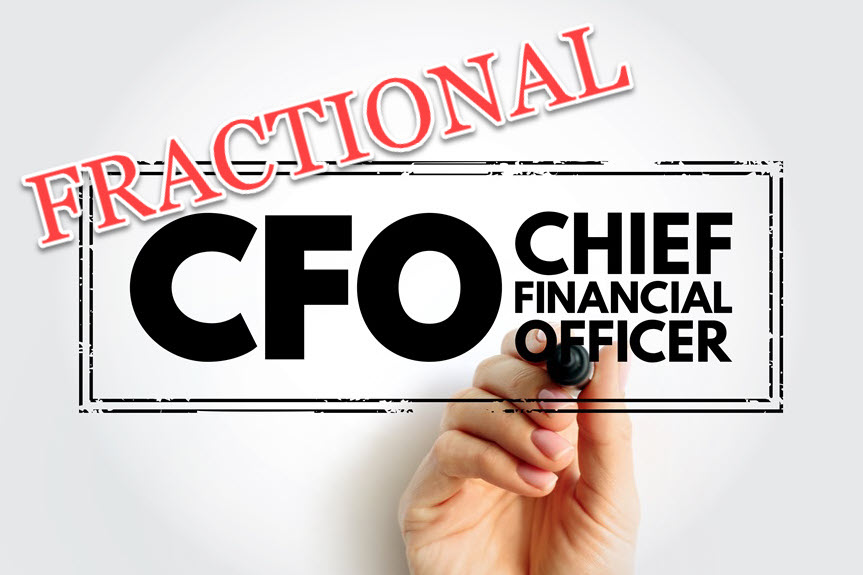“If you have integrity, nothing else matters. If you don’t have integrity, nothing else matters.”
- Alan K. Simpson
Originally published: 6/30/2021
Updated: 5/10/2024
Integrity in finance should be the foundation of a lasting bond between a business and its clients. Everyone wants to believe the promises that a company makes to them with respect to safeguarding their interests. But how many organizations can follow through on those promises?
In an ideal world, we would have absolute trust in our financial institutions, advisors, and government regulators. Unfortunately, history and public sentiment tell us a different story. Sure, ethics and integrity still exist in finance. And those organizations are the ones that will consistently find success.










